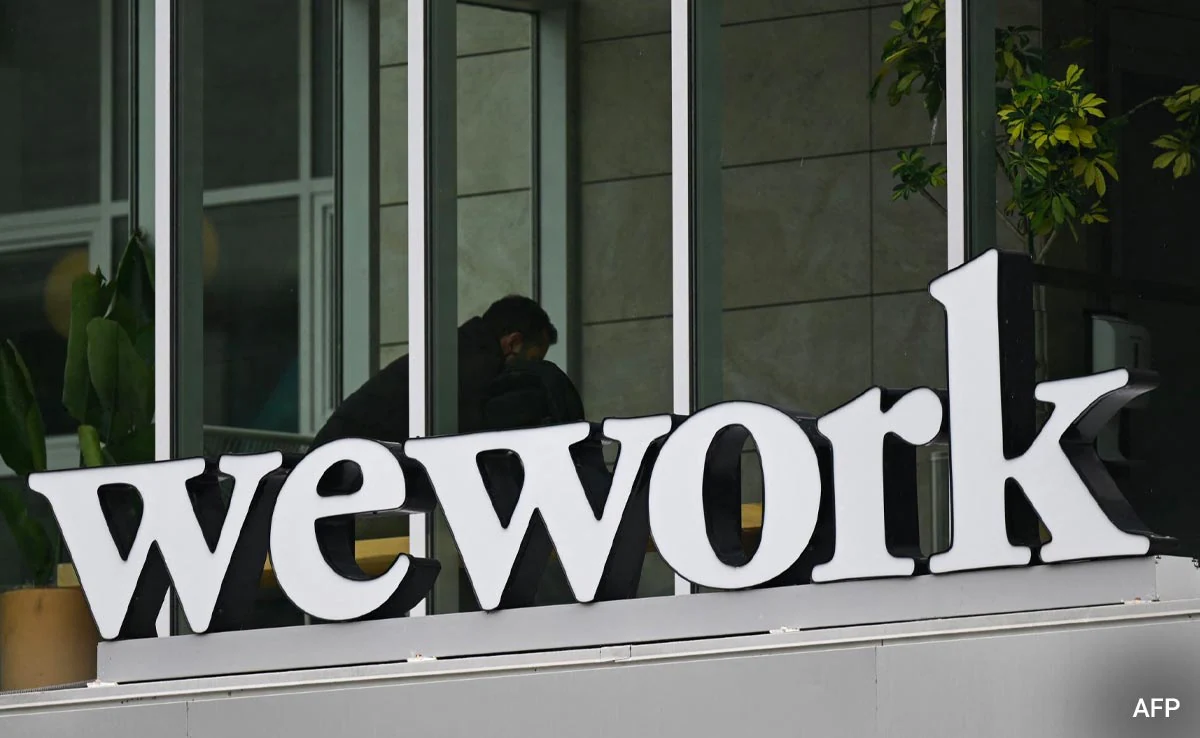WeWork, the office-sharing firm that was once the darling of Wall Street and valued as high as $47 billion, has filed for bankruptcy. This marks a significant downfall for a company that promised to revolutionize the way people work around the world.
The Rise of WeWork
Founded in 2010, WeWork was seen as the future of the office. It was known for renting office spaces on flexible terms and was once privately valued at a staggering $47 billion. However, the company’s fortunes began to change following a series of events that exposed its financial vulnerabilities.
The Fall of WeWork
In 2019, a failed attempt to go public damaged the reputation and led to the removal of its co-founder, Adam Neumann. The global pandemic quickly followed, resulting in widespread office closures and a shift to remote work.
The Bankruptcy Filing
WeWork filed for Chapter 11 bankruptcy protection, a move that follows years of struggle for the co-working company. The firm reported liabilities of up to $10 to $50 billion, according to a bankruptcy filing in the New Jersey federal court. The filing gives WeWork legal protection from its creditors and more tools for negotiations with landlords.
The Aftermath
The bankruptcy announcement caps a stunning downfall for the once-high-flying, SoftBank-backed venture. In the first half of this year, WeWork lost more than $1 billion, weighed down by the expense of operating its offices. The company has been scrambling to sell off parts of its business and to shut locations or renegotiate the terms of long-term leases and debts.
Despite these challenges, WeWork’s chief executive David Tolley remains optimistic. He expressed gratitude to financial stakeholders and committed to investing in products, services, and the team to support the community.
Insiders View
WeWork’s bankruptcy is a stark reminder of the volatility of the startup world. It serves as a cautionary tale for other high-flying startups and their investors. As the company tackles this challenge, it will be intriguing to observe the future of this once-promising startup.




